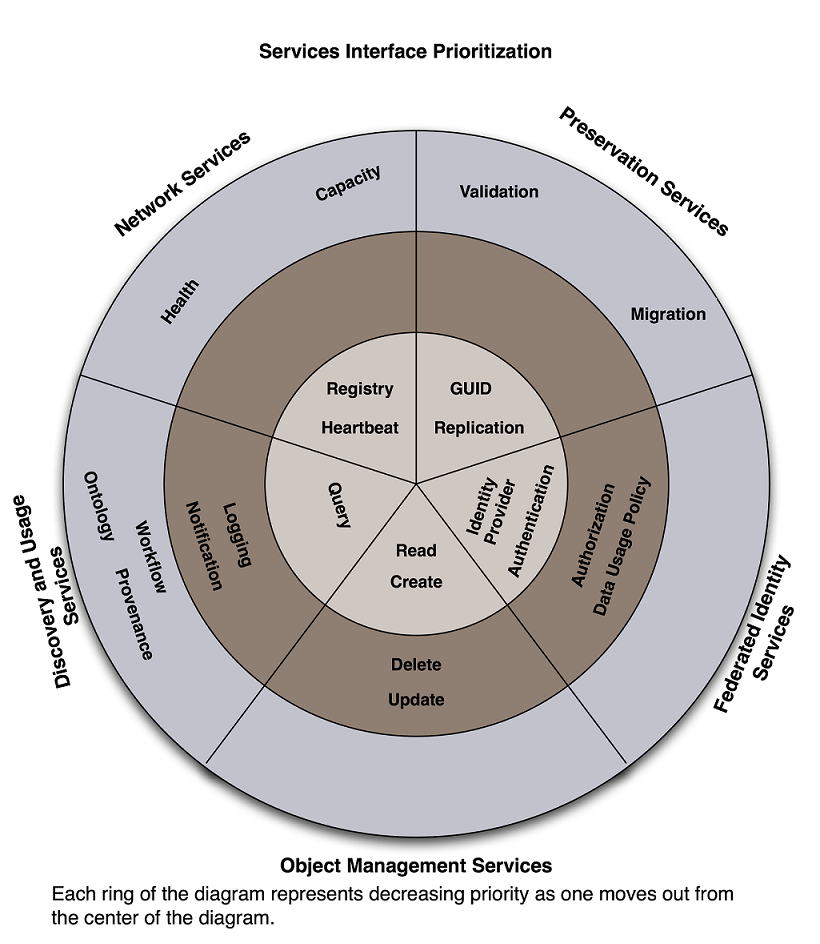Visual Display of Web Services (nfm)
Information revolution has introduced new constrains in terms of management of time, of complexity conception and relevancy. Still the previous industrial paradigm: a mainframe of taylorism, scientific organization of work, reductionism, imposed by fordism system (at the origin itself paradoxically conceived more for an elite of workers treated as no more interested than by money, expanding in a more balancing-unbalancing way by keynesian consumerism: turning much like a 'mashmallow' version of 'bread and circus games' of Roman Empire (which was itself primarilly based on slavery economy. This paradigm has made that revolution of information does not assume yet; its core issues. Core issues as management of complexity, democratic processes, comprehension of underterminism, downgrade of determinisms and so on. This is producing anomy, geopolitical wars, arrogant international and national bureaucracies, dictarures of priviledges, capricious populations of consumers, and so on.
Of course as in any processes of transitions, even if now well narrowed by the materialist and subjective inertia of ecologically limited world of resources; there are decades when not centuries that roots of transformations of paradigm exist, have been enunciated, explored, are gaining scale and have started to be collectivelly practiced (in a more freer way?). Moreover, with many analogies practiced since an eternity, because limits have existed since then but in different and more simple ways. They were just before mostly technological, and smart solutions have existed like for having sustainable agrarian systems, been able to build pyramides (not only based on slavery and force), and so on.

So the Revolution of information has enhanced visual representations in schemes and displays. Still in the need for visual grammar that could take the proper measure of the changes. They are already cognitivelly practiced. Somehow they made that geometry blossom before symbolized functional analysis. Under different ambitions, non axiomatic non linear ones, some requalification can happen.
Previous scheme can be seen in the right (?) track for an olicognograph. Still not a logical networks it has already many intuitions if its properties and sort of picture.